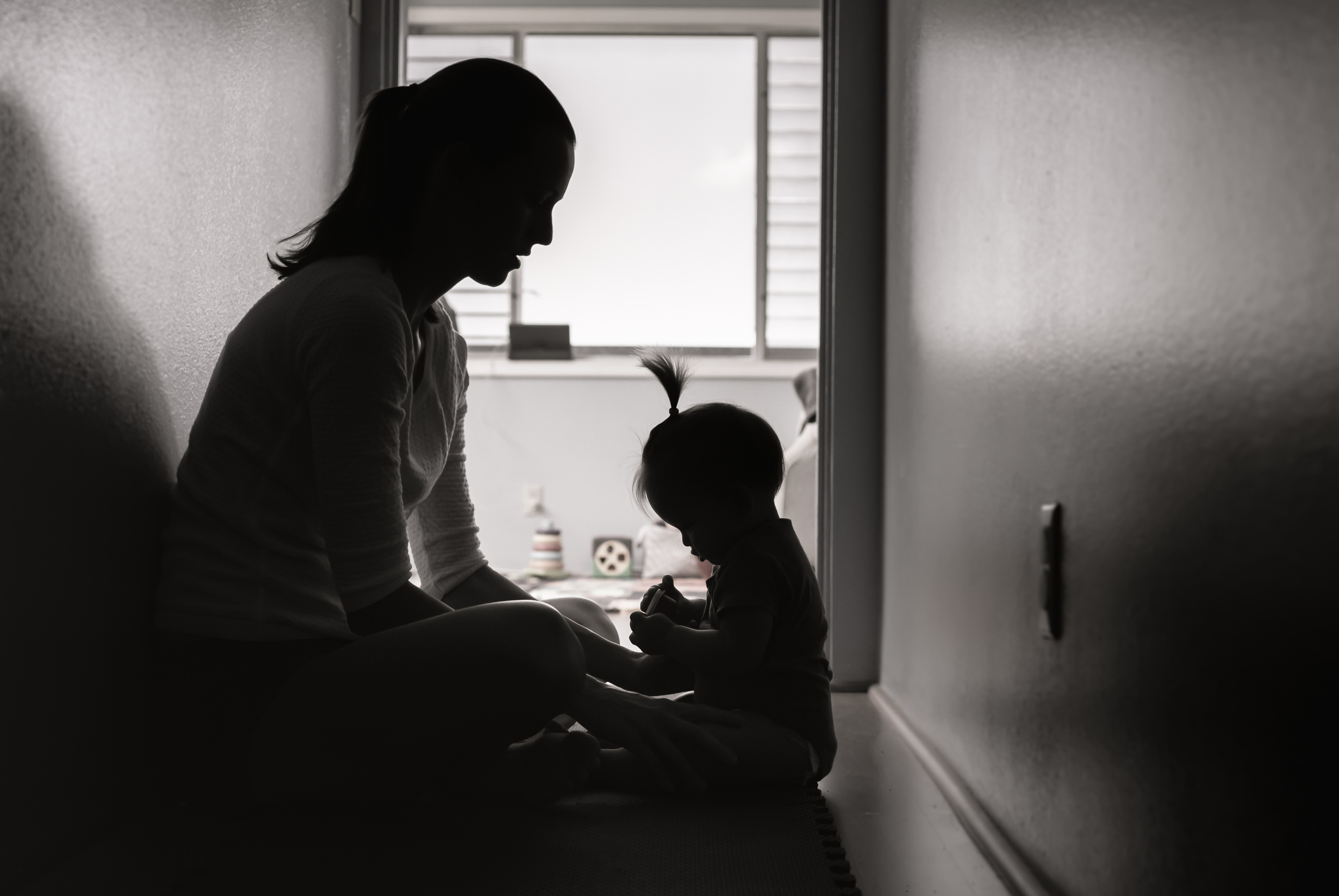Supporting Your Social Health as a Parent
If you’re a parent, the U.S. Surgeon General’s latest advisory on the mental health and well-being of parents may not have been surprising. You may have been feeling the stress and demands of parenting for years.
If so, you’re not alone. According to the U.S. Department of Health and Human Services, 51% of mothers with small children report experiencing “serious loneliness.”1 In a recent survey, 79% of parents reported a desire to connect with others2, while 62% reported feeling “burnt out.”2
Why Social Health Matters
It’s no secret that feeling connected to others makes us feel better—but did you know it can actually improve your physical health too?
When you have strong social connections, you’re 2.6 times more likely to say you’re in good or excellent health.7
How Social Connections Benefit Physical and Mental Health
- In-person social interactions can improve your mood.4
- Seeing friends regularly can help lower your risk of depression.5
- Spending time with friends weekly can make you less likely to get sick.6
Our social health isn’t just about avoiding feeling lonely—it’s about supporting our overall well-being, both mentally and physically. The science is clear: having good relationships helps reduce anxiety, stress, and the risk of serious illnesses.
Ideas to Boost Your Social Health
Looking for ways to start getting more social? Try these ideas:
- Reconnect with familiar faces: Get to know people you’ve already connected with, whether it’s through an online group, a parent’s group, a toddler music class, or on the soccer sidelines.
- Combine activities with socializing: Choose a daily routine, like a morning walk with your baby, grabbing coffee, or remote work, and invite someone to join you.
- Schedule regular calls: Pick a time when you’re less busy each week, and set up a recurring call with a friend or family member. Consistency helps deepen relationships.
- Give a compliment: Start small by giving someone a quick, genuine compliment. It’s an easy conversation starter and can lift both your spirits.
Technology can also play a role in reducing the overwhelm of socializing as a parent. A Boston mom recently launched Purposely Social, a free app that helps caregivers plan social time by finding mutual availability—so you can spend less time on your phone and more time with friends. Join the waitlist here.
Remember, you’re not alone in feeling lonely. One small step today can be the start of feeling better tomorrow.
References
- U.S. Department of Health and Human Services, Office of the Surgeon General. (2024, August). Surgeon General’s advisory on parents’ well-being. https://www.hhs.gov/surgeongeneral/reports/2024-parents-wellbeing-advisory
- The Ohio State University College of Nursing. (2024, May 1). New survey finds loneliness epidemic runs deep among parents. Ohio State University. https://nursing.osu.edu/news/2024/05/01/new-survey-finds-loneliness-epidemic-runs-deep-among-parents
- Holt-Lunstad, J., Smith, T.B., & Layton, J.B. (2010). Social Relationships and Mortality Risk: A Meta-analytic Review. PLoS Medicine, 7(7), e1000316. https://doi.org/10.1371/journal.pmed.1000316
- Sandstrom, G.M., & Dunn, E.W. (2014). Social Interactions and Well-Being: The Surprising Power of Weak Ties. Personality and Social Psychology Bulletin, 40(7), 910-922. https://doi.org/10.1177/0146167214529799
- Teo, A.R., Choi, H., & Valenstein, M. (2013). Social Relationships and Depression: Ten-Year Follow-Up from a Nationally Representative Study. American Journal of Public Health, 103(12), 2098-2104. https://doi.org/10.2105/AJPH.2013.301299
- Cohen, S., Doyle, W.J., Skoner, D.P., Rabin, B.S., & Gwaltney, J.M. (1997). Social Ties and Susceptibility to the Common Cold. JAMA, 277(24), 1940-1944. https://doi.org/10.1001/jama.1997.03540480040036
- My Health My Community. (2019). Social connections and health. Vancouver Coastal Health and Fraser Health Authority. https://myhealthmycommunity.org/wp-content/uploads/2019/05/MHMC_SocialConnections_web.pdf



